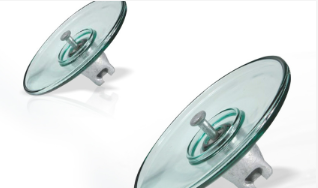
Suspension insulators play a vital role in electrical engineering, particularly in high-voltage transmission systems. These components are designed to support overhead power lines while preventing electrical current from leaking to the ground, ensuring safe and efficient energy transmission over long distances.
Constructed typically from materials such as porcelain, glass, or polymer, suspension insulators are crucial for maintaining the integrity of electrical networks. When high-voltage wires are suspended from towers, suspension insulators act as a barrier, providing the necessary insulation to prevent electrical discharge. This is particularly important as electrical circuits can be subject to various environmental factors, including moisture, pollution, and extreme temperatures, all of which can impact their performance.
One of the primary advantages of using suspension insulators is their ability to withstand high mechanical stress. Since overhead power lines are subject to wind, ice, and the weight of the conductors, suspension insulators must be strong and durable. Their design allows for flexibility and movement, which helps in accommodating the dynamic forces exerted on them without compromising their insulating properties. This resilience is essential for maintaining the reliability of the power supply.
In addition to their mechanical strength, suspension insulators also offer excellent dielectric properties. This means they are effective at isolating electrical conductors from the ground, which is crucial for preventing short circuits and ensuring the safety of both equipment and personnel. By providing a reliable barrier, suspension insulators help minimize the risk of power outages and system failures, making them an indispensable component of electrical infrastructure.
Another significant aspect of suspension insulators is their ability to be used in various configurations, depending on the specific requirements of the installation. Whether it’s a single insulator or a series of insulators, the versatility of these components allows engineers to design systems that meet the unique demands of different environments and voltage levels.
Moreover, advancements in materials and technology have led to the development of composite insulators, which offer additional benefits such as lighter weight and improved resistance to environmental degradation. This innovation is particularly important in modern electrical systems where efficiency and sustainability are paramount.
Post time:Sep-25-2020
